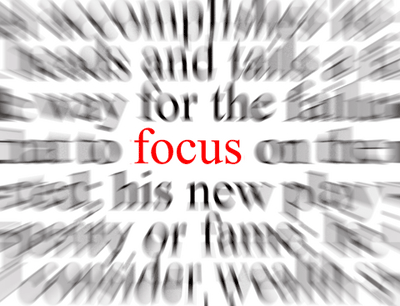Spring is here... that means April is just around the corner. Besides the longer days and (sorta) nice weather, Subject Post Application Period is also approaching.
So if you already have an idea or a plan as to what you want to apply for, then awesome.. you're definitely on the right track! But if you have not decided, then I'm here to help you guide through the process of choosing your program.
As a degree student and you have at leat 4.0 credits (8 courses) completed at the end of winter semester, you must declare a program(s) in your rosi account. This can either be one specialist, two majors, or a major and two minor.
- First question you need to ask yourself is what are you interested in. Studying materials that are interesting to you means you will be more motivated to study for that specific course and enjoy your time at university more.
- Second, what skills and strengths do you have. Are you an excellent writer? Or are you more of a mathematician or maybe good with problem solving? Assessing your skills and corresponding them to courses in a program can give you ideas as to what program you think you will excel the most, thus, may be best suited for you.
- What courses have you done well in? As you complete your first year in UTSC, it is important to assess this now. You can also look into the courses you have excelled in high school.. but keep in mind courses offered here are at a university setting.
- Why do you want this program? Take note of the career opportunities available for this program. However, the more important question is what skills, interests, qualities and values you have that can help you in choosing what career option is best suited for you.
Also, if you have further question such as: how to enrol, or if your program is limited or not, or if it is, what are the requirements etc., please refer to this tipsheet and refer to the registrar's website for the codes and procedures.
Important dates:
March 24th = Last day to drop S courses without academic penalty and have them removed from the transcript (on ROSI only).
April 5th to May 4th, 2013 = Subject post application period for limited programs
April 9th, 2013 = Summer course enrollment begins
Have a wonderful (first spring) weekend!
-Katrina









